Ellen Whinnett: The danger of taking sides in a bitter scrap
Ben Roberts-Smith VC is fighting hard to save his reputation after allegations he committed war crimes, and that’s potentially a tricky situation for the Morrison Government, writes Ellen Whinnett.
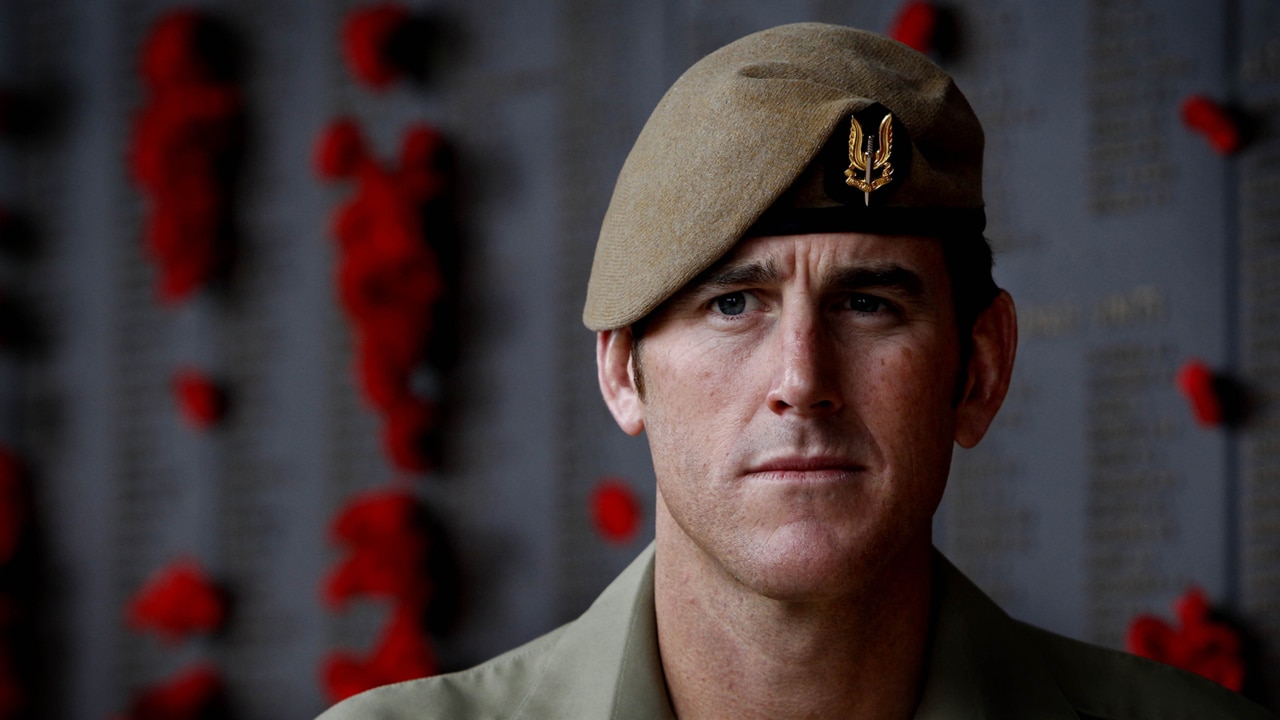
Opinion
Don't miss out on the headlines from Opinion. Followed categories will be added to My News.
Australia’s most decorated soldier Ben Roberts-Smith is fighting a new war, with a media blitz this week the latest salvo in a high-stakes fight to save his reputation.
The 41-year-old posed for photos with several mothers, (above right), whose army veteran sons died by suicide. He did a radio interview calling for a royal commission into veterans suicide, then attacked the leadership of the Australian Defence Force and said he’d have to think carefully before recommending anyone join the ADF. The comments, from the holder of both the Victoria Cross and Medal for Gallantry were an extraordinary upping of the ante in what is already a very serious issue confronting the government and the Department of Defence.
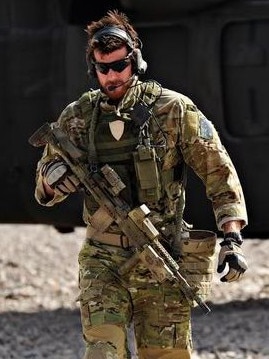
Roberts-Smith, the articulate, imposing, national hero who did six tours of duty in Afghanistan, is under investigation by the Australian Federal Police and the Inspector-General of the Australian Defence Force over allegations he committed war crimes. He fiercely rejects the allegations and has defamation proceedings underway against the media outlets which reported them. His engagement with the media this week while under active investigation is being seen by many in politics as a message that any attempt to bring him down will be met with utmost resistance.
Senior figures in Canberra are considering how to manage the fallout when the Inspector-General’s report is finalised, possibly in the first three months of next year. The report will have to be made public, ideally in its entirety. If it remained secret, it would deny Roberts-Smith the opportunity to defend himself publicly. That would be unjust. If it reported adverse findings against him but kept the details secret, it would be easy to discredit.
An early hint may come in the Inspector-General’s annual report, due to be tabled in parliament soon, which will contain an update on how the inquiry is progressing.
Roberts-Smith retains friends in the media, in the army and, importantly, from the billionaire who continues to employ him as head of his Queensland operation, Seven Media boss Kerry Stokes.
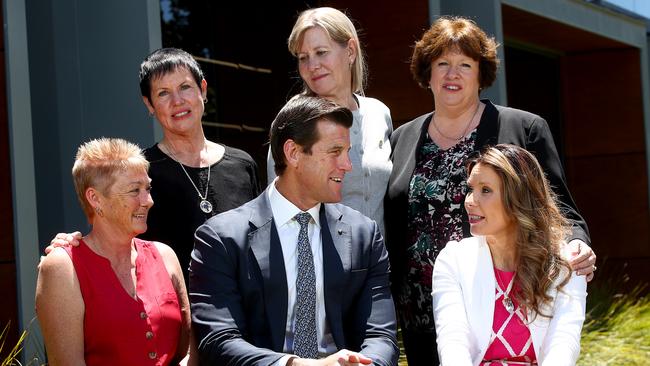
But the situation is different in Canberra. The former assistant defence minister Stuart Robert, an ex-army man and a confidante of Prime Minister Scott Morrison, was supportive of the inquiry being established in 2016. Morrison himself has been careful in his responses to media questions about Roberts-Smith, acknowledging the “contribution’’ he has made, condemning leaks from the inquiry and urging respect for the formal process which is underway.
Minister for Veterans and Defence Personnel, the usually straight-talking Darren Chester, also was careful when he was quizzed on Sky this week about Roberts-Smith’s comments on the treatment of veterans. Chester described him as Australia’s most decorated soldier, acknowledged his “distinguished career’’ and “valued his input’’ but pointed out he’d left the army five years ago.
And the man who established the inquiry, former chief of army Angus Campbell, has since been promoted and is now the Chief of the Australian Defence Force. That wouldn’t have happened if his decision to pull the trigger on the inquiry was deemed a disaster.
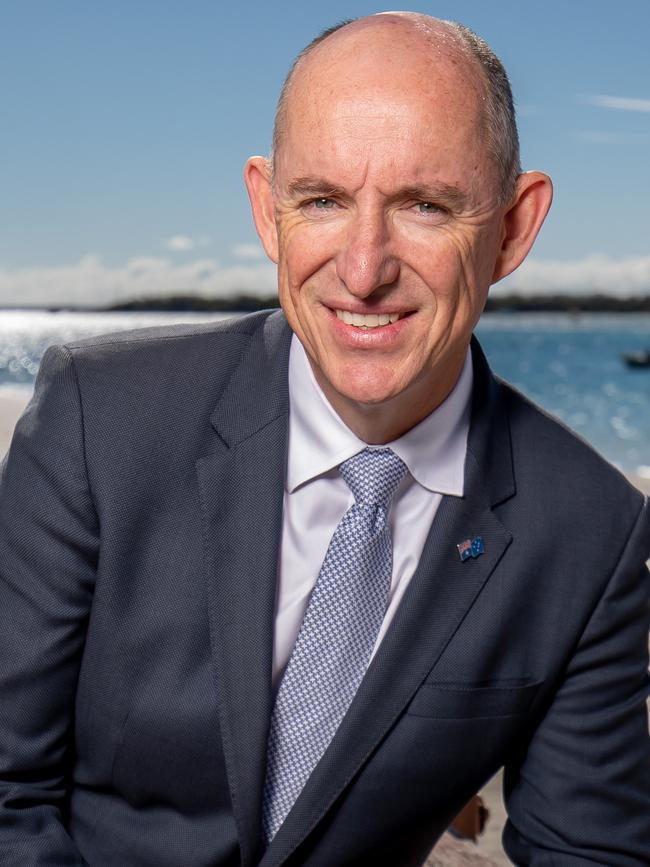
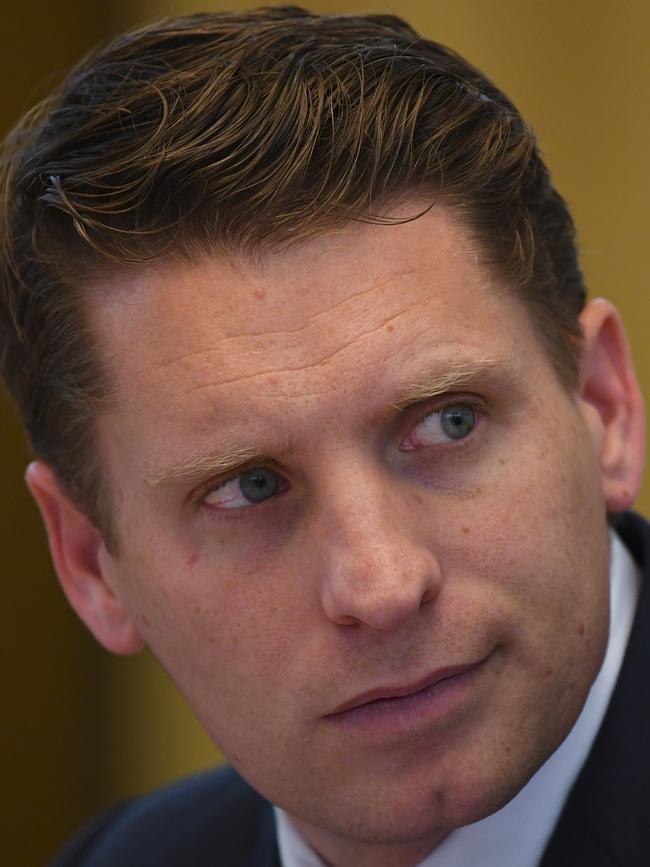
ANOTHER fascinating byplay is the relationship between Roberts-Smith and Andrew Hastie. Hastie is the former SAS captain-turned-MP touted as a future Liberal Party leader. His contributions to the public debate have never gone to the direct issue of what happened in Afghanistan. In response to Robert-Smith’s comments this week, Hastie told Sky that he continued to encourage “young kids’’ to join the armed forces and “serve their country”. His comments over some months seem to be an effort to protect both the ADF and the Inspector-General’s inquiry from any outside pressure or political attack.
The public response after Nine levelled serious allegations against Roberts-Smith on TV and in newspapers in late September was muted. Those who watch these things closely believed the airing of the specific allegations marked the turning point where some of those who had strongly backed him in the past believed they needed to “nuance’’ their earlier comments.
The Herald Sun is not suggesting the allegations are true, only that they are being investigated.
Whatever the Inspector-General finds, the relationship between Roberts-Smith and the government is ruined. The government can’t align itself with a VC holder who has attacked the “failure of leadership’’ at the ADF and demanded a royal commission when Morrison had already said he was “actively considering’’ it.
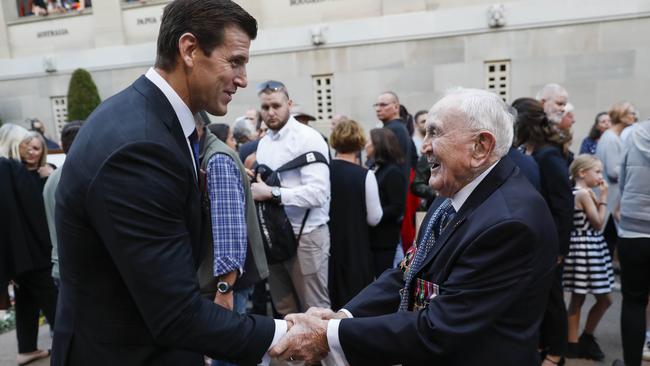
The Australian Federal Police is working with the Inspector-General’s team of investigators. The Inspector-General’s role is to report findings and make recommendations to the “relevant authorities’’.
The Inspector-General has the option of not recommending charges, but could instead criticise the culture which existed within some elements of the SAS. That would bring intense scrutiny on that culture and the conduct of those soldiers, including Roberts-Smith. Given the complaints are not contemporary and relate to the period from 2005-2016, this could be dealt with as a legacy issue.
If police lay criminal charges, or the Inspector-General recommends war crime proceedings, the scrutiny goes to a new level. The Victoria Cross was created by Queen Victoria in 1856 as the highest honour for commonwealth servicemen and the Sovereign herself decides who receives one, based on advice from the Minister for Defence.
No Australian has ever had the VC revoked. Indeed revocation of the award is so rare it hasn’t happened for 100 years.
But any consideration of such a move would only come in the event of an adverse finding and, so far, we don’t know how the Inspector-General will report.
Roberts-Smith is a warrior and it is clear he will continue to fight. His media appearances were a direct challenge to the Department of Defence, police and the government.
It’s a high-stakes game of chicken and no-one is going to blink.
Ellen Whinnett is national politics editor.
